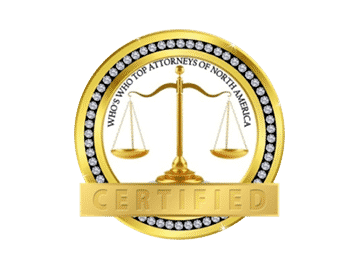Personal Injury – Pain and Suffering
What are Pain and Suffering?

A personal injury is an injury that occurs due to the carelessness of another person which left someone with an injury. An injury can be physical, mental or emotional. Personal injuries have the potential to leave individuals with long-term anxiety and financial problems.
After an injury happens, the victim has the option to file a claim to get compensation for their injuries. Most victims will seek compensation for medical bills, property damages, as well as, pain and suffering. Pain and suffering are straight forward. The victim has some residual pain and suffering from an accident. There are two types of pain and suffering that are taken into account when filing a claim for bodily injury.
Two Types of Pain and Suffering:
- Physical pain and suffering
- Mental anguish from the event and injury
Compensation for Pain and Suffering
Pain and suffering are tough to prove and even tougher to quantify for compensation. Pain isn’t something that is easily measured because a doctor cannot see the pain. A doctor can observe symptoms, such as not being able to walk or have a limited range of motion. A physical exam will be needed to evaluate tenderness of certain parts of the body, but these only indicate pain. Since everyone deals with pain differently, the severity of pain can be questioned with each case.
Insurance Company Evaluation – Pain and Suffering
After most injuries, compensation will come from an insurance company that is handling your claim. Insurance companies operate under the assumption that if you haven’t seen a doctor for your pain and suffering, then you’re not in pain. If you do go to the doctor for pain and suffering, the insurance company will be able to access the records. Insurance companies will take into account supporting documentation for your claim; some are as follows:
- Medical records
- Prescription records
- Medical bills
- Pictures of injuries
- Receipts for over-the-counter medications
- Documentation from your employer of days unable to work








